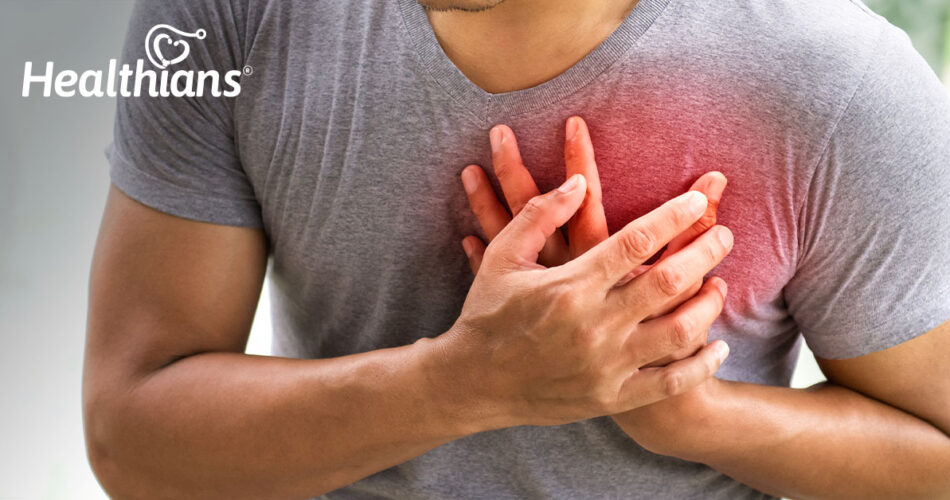Introduction
When the temperature drops severely during the winter, especially in the early morning or at night, the risk of cardiac arrests and other heart-related emergencies rises drastically.
Healthcare professionals have emphasised the need for maintaining your heart health during these chilly days.
According to experts, not only the elderly but the young can also suffer dire consequences of the winter chill. Heart attacks are more frequent in the winter and though they are more frequent among the elderly, they are now often observed in younger people as well.
Blood clots that develop in the coronary arteries cause heart attacks. During the winter, the level of fibrin in our bodies rises by up to 23%. The platelet count also rises. As a result, blood clots can form, which may trigger a heart attack.
Less sun exposure and a decline in physical activity, which causes salt retention, are the main reasons that raise blood pressure in the winter. Along with taking their regular prescriptions, people with heart conditions are advised to consume small meals, dress warmly, and engage in regular physical activity to reduce their risk of heart attacks.
Here we are helping you with some tips that you should follow to keep yourself safe in winter.
Avoid drinking and smoking too much
Drinking too much alcohol might make you warm more than you need to, which can be problematic while you’re outside in the cold. Since body temperature adaptation is a gradual process, you should drink in moderation. During the chilly winter months, smoking raises the chances of a heart attack by leaps and bounds. It’s best to stop smoking altogether since it’s one of the major risk factors for heart disease.
Exercise indoors
Lifestyle disorders like diabetes and hypertension are mostly a result of inactive lifestyles. Going outside in the chilly morning hours could be a bad idea. So, try choosing basic routines in your living room or indulge in indoor activities like yoga.
Heavy exercise also might put the heart under too much pressure and make the problem worse. It is also advised to indulge in moderate-intensity physical activity only.
Stick to a light diet
Foods that nourish and keep us warm are what our bodies crave during the winter. For this urge to be satisfied, we require meals that are home-cooked, and light on the stomach.
Consume lots of fruits and vegetables while limiting your intake of fat and salt. Avoid eating meals from restaurants and stick to less spicy and oily foods as high-cholesterol foods might raise the risk of a heart attack during the winter months.
Have a shower in lukewarm water
Cold showers should be avoided as lukewarm water helps maintain the body’s temperature. Lukewarm water raises the body temperature and promotes blood circulation.
Final thoughts
The extreme cold in winter causes blood vessels to contract. This can raise your blood pressure and heighten your risk of heart attack and stroke. Angina, or chest pain due to coronary heart disease, can also worsen in winter when coronary arteries constrict in the cold.
Also due to the cold, your heart has to work extra hard to maintain a healthy body temperature. Winter wind can make this more difficult because it causes your body to lose heat more quickly. If your body temperature drops too often, it can damage your heart muscle.
Be careful of your lifestyle. Staying up late, working late, eating erratically, subjecting the body to stress and fatigue, and sleeping less or even throughout the day can all have an impact on how your heart functions. Also, be mindful of regular monitoring of your blood pressure and sugar levels to enjoy the chilly weather and not be under any stress.
Book The Full Body Good Health Test Today!
Be sure to eat heart-healthy foods.
Ensure that you work out frequently.
To keep your blood pressure, cholesterol, and blood sugar levels within the normal range, stay aware of your readings and work with your doctor.
Act immediately to manage your stress.
Your risk of cardiovascular and blood circulation issues, including heart attacks and strokes, can increase during cold weather.
Similar to how cold air tightens the lungs’ muscles, cold temperatures can tighten your arteries and elevate blood pressure.




